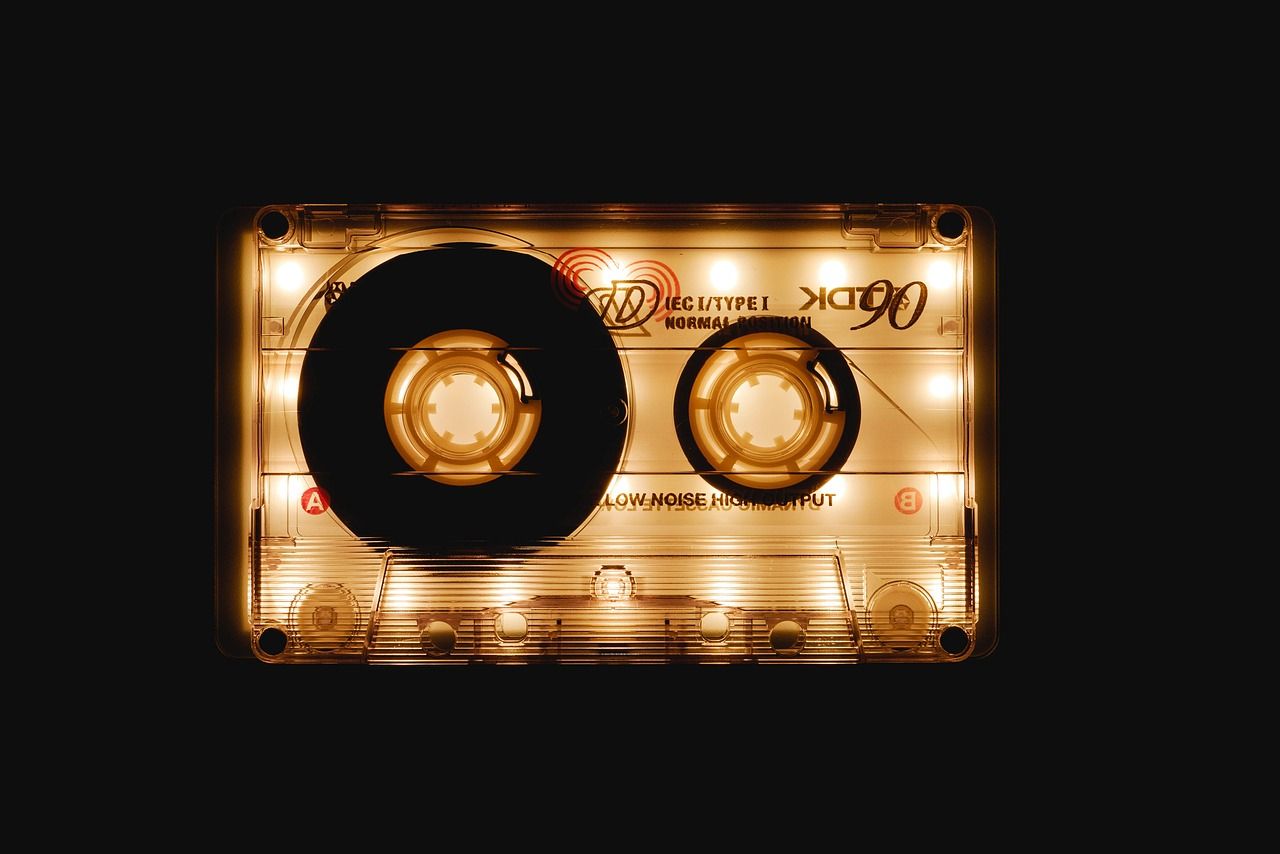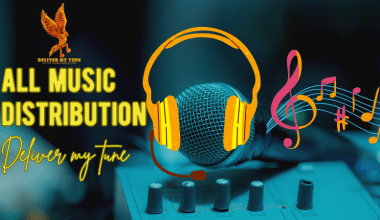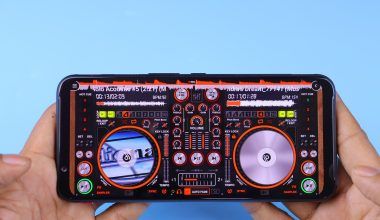For musicians, getting airplay on the radio can be a game-changer. It not only helps in reaching a broader audience but also adds credibility to your music career. However, the path to getting your music played on the radio can be challenging. This guide will provide you with detailed strategies on how to get your music played on radio.
Radio remains a powerful medium for music promotion, offering musicians the opportunity to reach a wide audience. Despite the rise of digital platforms, radio airplay can significantly boost your visibility and career prospects. This guide will walk you through the essential steps to get your music played on radio.
Understanding Radio Airplay
Before diving into the strategies, it’s important to understand how radio airplay works. Radio stations have specific formats and target audiences, and they carefully select songs that fit their programming. Factors like song quality, relevance, and audience appeal play crucial roles in getting airplay.
Preparing Your Music for Radio
Professional Recording
Quality is paramount when submitting music to radio stations. Ensure your tracks are professionally recorded and mixed. Poor audio quality can lead to immediate rejection.
Radio Edit
Create a radio-friendly version of your song. This typically means a clean version with no explicit content and a length that suits radio play, usually between 3 to 4 minutes.
Metadata
Properly tag your music files with accurate metadata, including artist name, song title, album name, and contact information. This ensures that your song is properly identified and credited when played.
Creating a Compelling EPK (Electronic Press Kit)
An Electronic Press Kit (EPK) is a digital resume for musicians. It should include:
- Bio: A compelling biography that tells your story.
- Music: High-quality recordings of your songs.
- Videos: Music videos and live performance clips.
- Photos: Professional photos for media use.
- Press Coverage: Any reviews or articles about your music.
- Contact Information: How to reach you or your manager.
A well-crafted EPK makes it easier for radio personnel to understand and appreciate your music.
Researching Radio Stations
Types of Radio Stations
Different types of radio stations cater to different audiences. Understanding the types of stations will help you target the right ones:
- Commercial Stations: Large stations with significant reach, often requiring established connections or professional promotion services.
- Public Radio: Funded by listeners and grants, often more open to new and independent artists.
- College Radio: Run by students, these stations are great for emerging artists.
- Internet Radio: Online stations with niche audiences, providing good opportunities for genre-specific music.
- Community Radio: Local stations focused on community interests, supportive of local and independent music.
Finding Suitable Stations
Identify stations that play music similar to yours. Listen to their programming and check their playlists. Focus on stations that have featured artists in your genre.
Building Relationships with Radio Personnel
Building relationships with DJs, music directors, and radio hosts can significantly increase your chances of getting airplay. Here’s how:
- Attend Events: Attend music industry events, radio station events, and networking opportunities.
- Follow and Engage: Follow radio personnel on social media and engage with their content.
- Personalize Communication: When reaching out, personalize your emails and messages. Mention specific shows or segments where your music would fit.
Submitting Your Music
Physical Submissions
Some stations still prefer physical submissions. Here’s what to include:
- CDs: High-quality CDs with printed labels and packaging.
- Press Kit: A printed version of your EPK.
- Personalized Cover Letter: Addressed to the relevant person, explaining why your music is a good fit for their station.
Digital Submissions
Digital submissions are increasingly common. Here’s what to include:
- High-Quality MP3 Files: Properly tagged with metadata.
- Link to EPK: Include a link to your EPK hosted on your website or a platform like Sonicbids.
- Personalized Email: Briefly introduce yourself and explain why your music suits their station.
Follow-Up Strategies
Following up after your submission is crucial. Here’s how to do it effectively:
- Wait Time: Wait about two weeks after your initial submission before following up.
- Polite Reminders: Send a polite email inquiring if they received your music and if they need any additional information.
- Continuous Engagement: Keep engaging with the station’s content and personnel, even if your music hasn’t been played yet.
Promote your radio airplay on social media and online platforms. This not only shows your appreciation but also drives traffic to the station. Tag the station and relevant personnel in your posts.
Using Radio Promotion Services
Radio promotion services can help you get your music played on radio. They have established relationships with radio stations and can professionally pitch your music. While these services can be expensive, they often increase your chances of getting airplay.
Understanding Royalty Collection
Ensure you’re registered with a performance rights organization (PRO) such as ASCAP, BMI, or SESAC. These organizations collect royalties on your behalf when your music is played on the radio.
Case Studies of Successful Radio Airplay
Study successful case studies of artists who have achieved radio airplay. Analyze their strategies, submission processes, and promotional efforts to gain insights that you can apply to your own efforts.
Common Mistakes to Avoid
Avoid these common mistakes when trying to get your music played on radio:
- Poor Quality Submissions: Ensure your music and EPK are of professional quality.
- Generic Pitches: Personalize your communication to each station.
- Ignoring Guidelines: Follow each station’s submission guidelines carefully.
- Lack of Follow-Up: Don’t forget to follow up after submitting your music.
- Neglecting Social Media: Promote your radio airplay on social media to engage your audience and support the station.
Conclusion
Getting your music played on the radio requires a strategic approach, high-quality submissions, and persistent effort. By understanding the radio landscape, preparing your music and EPK, building relationships, and promoting your airplay, you can significantly increase your chances of success. Start implementing these strategies today to get your music heard by a wider audience.
FAQs
Q: How can I find radio stations that might play my music?
A: Research stations that play your genre, listen to their programming, and check their playlists. Focus on stations that have featured similar artists.
Q: What should I include in my EPK?
A: Your EPK should include a compelling bio, high-quality music recordings, music videos, professional photos, press coverage, and contact information.
Q: How do I approach radio stations?
A: Personalize your communication, follow each station’s submission guidelines, and build relationships with radio personnel through networking and engagement.
Q: What is the importance of metadata in my music files?
A: Properly tagged metadata ensures your music is accurately identified and credited when played on the radio.
Q: How can social media help in getting my music played on radio?
A: Use social media to promote your radio airplay, engage with radio personnel, and drive traffic to the station. Tag the station and relevant personnel in your posts.
Q: Are radio promotion services worth the investment?
A: Radio promotion services can be expensive but often increase your chances of getting airplay due to their established relationships with radio stations.
Q: How can I collect royalties from radio airplay?
A: Register with a performance rights organization (PRO) such as ASCAP, BMI, or SESAC to ensure you receive royalties when your music is played on the radio.
Q: What are common mistakes to avoid when trying to get radio airplay?
A: Avoid poor-quality submissions, generic pitches, ignoring submission guidelines, lack of follow-up, and neglecting social media promotion.
By following these guidelines and understanding the intricacies of the radio industry, you can effectively get your music played on radio and reach a broader audience. Start applying these strategies today and take a significant step forward in your music career.
For further reading, explore these related articles:
- What is YouTube Content ID?
- Deliver My Tune’s Exciting New Services!
- Know the Ways to Get the Music Sync Licensing
- What is Performance Royalty?
For additional resources on music marketing and distribution, visit Deliver My Tune.






